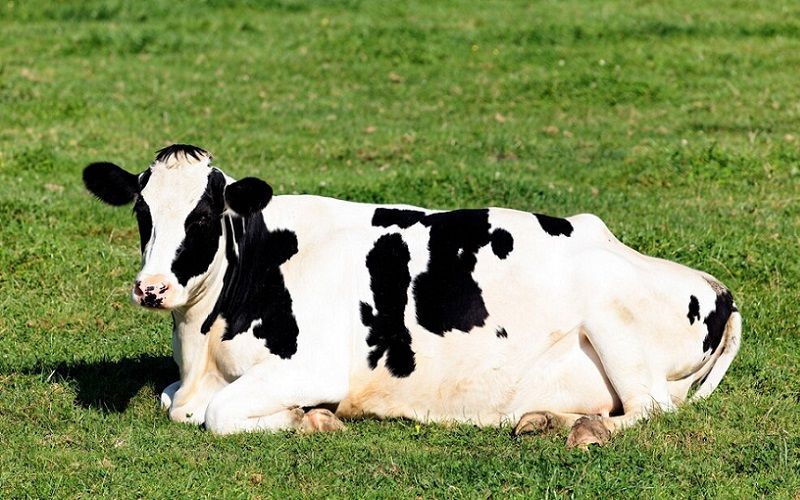Innovative Research at UW-Madison Aims to Reduce Methane Emissions from Dairy Cows
At the University of Wisconsin’s Agricultural Research Station in Arlington, just 20 miles north of Madison, researchers are transforming a typical Wisconsin dairy farm into a cutting-edge scientific facility. Here, the daily routines of 550 dairy cows are not just about milk production but are key components in a significant research project aiming to reduce methane emissions—a potent greenhouse gas produced during the cows' digestive process.

This facility, which operates as part of UW-Madison’s broader initiative to combat climate change, is focused on understanding and mitigating the agricultural sector's impact, which contributes to 10% of America’s greenhouse gases. Specifically, the project targets enteric methane emissions from cows, which occur during digestion and are released via burping, breathing, and flatulence.
The Arlington research farm is equipped with specialized "GreenFeed" machines. These devices feed the cows alfalfa pellets and simultaneously measure the methane each cow emits while eating and burping. This data, combined with other metrics like food intake, weight, milk production, and milk quality, helps researchers identify traits associated with lower methane emissions.
Professor Francisco Peñagaricano, a genomics expert at UW-Madison’s Animal and Dairy Sciences department, is leading the charge in using genetic selection to breed cows that produce less methane. "If I have two cows that produce the same amount of milk and have the same body weight, but one produces less methane, I prefer that one," Peñagaricano explains, illustrating the selection process that could reshape the dairy industry.
The research also explores how feed additives might reduce methane emissions without compromising milk production. Luiz Ferraretto, a professor of ruminant nutrition, is testing various supplements, including seaweed and specialized fatty acids, to see if they can effectively decrease methane output.
The research at Arlington is a collaborative effort involving UW-Madison and several other institutions across the country, supported by initiatives like the Greener Cattle Initiative and the Council on Dairy Cattle Breeding. The goal is to equip farmers with tools to breed and feed more environmentally friendly cows, thus ensuring a more sustainable and productive future for the dairy industry in the face of an evolving climate crisis.
The Arlington research farm is equipped with specialized "GreenFeed" machines. These devices feed the cows alfalfa pellets and simultaneously measure the methane each cow emits while eating and burping. This data, combined with other metrics like food intake, weight, milk production, and milk quality, helps researchers identify traits associated with lower methane emissions.
Professor Francisco Peñagaricano, a genomics expert at UW-Madison’s Animal and Dairy Sciences department, is leading the charge in using genetic selection to breed cows that produce less methane. "If I have two cows that produce the same amount of milk and have the same body weight, but one produces less methane, I prefer that one," Peñagaricano explains, illustrating the selection process that could reshape the dairy industry.
The research also explores how feed additives might reduce methane emissions without compromising milk production. Luiz Ferraretto, a professor of ruminant nutrition, is testing various supplements, including seaweed and specialized fatty acids, to see if they can effectively decrease methane output.
The research at Arlington is a collaborative effort involving UW-Madison and several other institutions across the country, supported by initiatives like the Greener Cattle Initiative and the Council on Dairy Cattle Breeding. The goal is to equip farmers with tools to breed and feed more environmentally friendly cows, thus ensuring a more sustainable and productive future for the dairy industry in the face of an evolving climate crisis.
Key News of the Week










